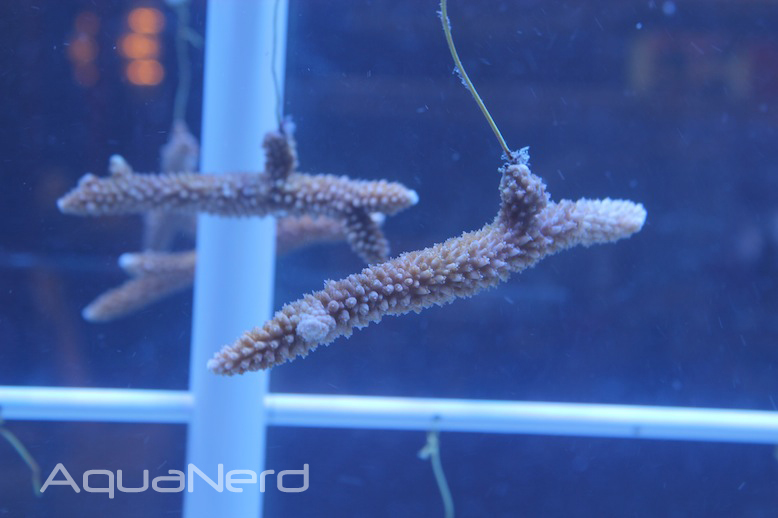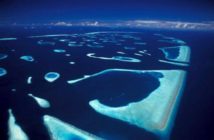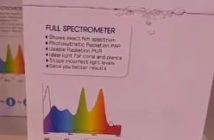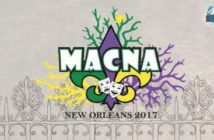Back in 2009, the Center for Biological Diversrity (CBD) petitioned the National Oceanic and Atmospheric Association (NOAA) to list 83 species of reef-building corals under the Endangered Species Act as either endangered or threatened. After reviewing the data presented by the CBD, NOAA decided that of the 83 listed species, only 82 of them actually actually warranted the listing. Following the petition, NOAA then assembled a Biological Review Team to initiate a formal review of the 82 species, which concluded its researched and released a Status Review Report in April of this year.
According to the findings, a shorter list of 66 corals from the original petition is being submitted, with corals emintating from both the Pacific Ocean and Caribbean Sea. In the Pacific, seven species would be listed as endangered and 52 as threatened, while only five Caribbean corals would be listed as endangered and two threatened. Along with the revised list of coral species, the NOAA report also indicated many of the factors contributing to the status change of each of the coral species. Coming as no surprise, disease, warmer seas and more acidic seas were the three leading causes of coral decline.
To view the official NOAA announcement, please go to: NOAA Proposes Listing 66 Reef-building Coral Species under the Endangered Species Act
Of course, with all of this chatter, aquarists have to assume that this listing will affect their hobby somehow. Fortunately, there are many aquaculture and mariculture facilities that regularly propagate these endagered corals like the Coral Restoration Foundation. These activities are extremely important to the long-term health of the corals and the overall ecosystem, and advances in propagation techniques pioneered by aquarium keepers will continue to alleviate some of the stresses of wild corals.






